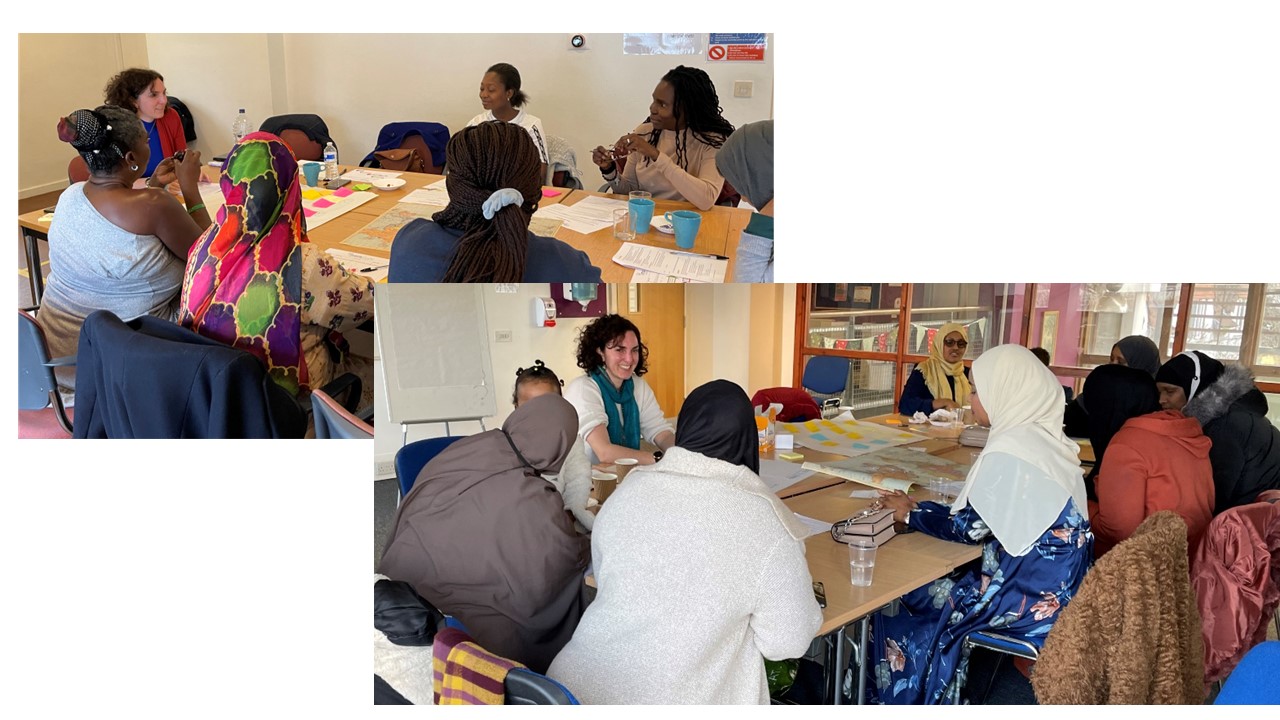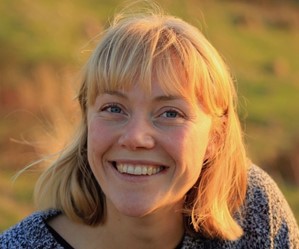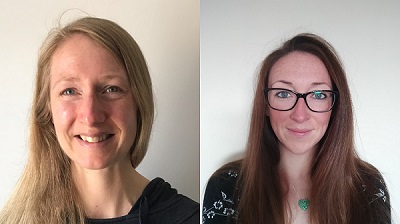Maternal Vaccination in the NHS (MAVIS) Study
Engagement with mothers from Black and minority ethnicities
Huge disparities exist across regions and demographic groups in the uptake of maternal vaccinations, with Black women least likely to be vaccinated. The MAVIS Study is exploring the determinants of maternal vaccination nationally via surveys and interviews with new mothers and maternity staff. It is vital for mothers with low vaccine confidence and those from underserved communities to be represented in this research to address inequities.
This community project aimed to engage with mothers of Black and other minority ethnicities, and those who are unconfident about vaccination to form a Parent Advisory Group (PAG) for the MAVIS Study. The role of the PAG is to co-produce research design and delivery, to help interpret study findings and inform intervention/policy recommendations.
We ran two community workshops in 2021, each co-facilitated by a community member. From these, seven women chose to continue to work with the project as the PAG, attending regular meetings also co-facilitated by a community member. The PAG has already contributed to the questions to be included in the study survey and the study recruitment processes and will continue to be consulted throughout the project.
We have also arranged for PAG members to receive bespoke training in i) understanding research evidence and ii) presenting to wider audiences, as well as offering further opportunities for research involvement.
Researcher: Dr Emma Anderson

‘Hold the door open’ – involving older adults from diverse backgrounds in health research
Older adults are less likely to be involved in health research, but with an increasingly ageing population it is important that older adults are able to participate in research. Furthermore, there is a recognised need for voices from less affluent individuals and minority ethnic groups to have a greater platform.
We are working in partnership with people aged 55+ to develop meaningful ways of working and effective approaches to share research findings.
Work has been ongoing since August 2021 to co-design and co-deliver project outputs with public contributors in order to find new ways to work with and involve older adults in research. We have successfully held two workshops to plan a community event. One of these workshops brought together public contributors across England and the second workshop included contributors around the Cardiff area.
As a result of discussions with public contributors, they have inspired ideas for including innovative activities such as combining conventional talks and questions and answers sessions with short walks, creating ‘walk and talk’ activities.
We also found that in the 55+ age group, more conventional discussion settings were preferred over creative activities. Many emphasised the importance of opportunities to share experiences and provide friendly settings to support socialising, preferably in a hybrid setting that enables online and in-person attendance in an inclusive manner.
These suggestions will not only shape our planned community events but also how we work with communities beyond this project.
Researchers: Dr Taru Silvonen, Dr. Hannah Christensen
Engaging the farming community in zoonotic disease research
The farming community is a unique cohort of individuals who are often underrepresented in community involvement panels.
To support the conduct of the ZooTB study we recruited a group of farmers to hear their views on bovine TB and our proposed study design. This led to the recruitment of one farmer who has co-developed study materials, supported with recruitment and validated ideas. We will continue to work with community members to disseminate findings and learn how we can improve communication between farmers, the scientific community and policy makers.
“By working closely with one farmer from the beginning of the project, we have been able to draw on their experiences and co-develop the study. This has been really enjoyable and has provided novel insights in real-time. Community involvement has been invaluable, and I can’t imagine doing the study again without their involvement.”
Researchers: Dr Amy. Thomas, Dr Ellen Brooks-Pollock

Facilitating the inclusion of voices of under-represented groups in the work of the HPRU
The COVID-19 pandemic has disproportionately impacted certain populations, including people belonging to ethnic minority groups and those in more deprived regions and areas. Young people from these groups are already underrepresented in research and health service provision, and in an emergency situation, their voices risk exclusion altogether. This project aims to find better ways of working with young people and conducting research in a more collaborative way.
To date, we have had opportunities to talk to three community leaders, all of whom work with children and young people across Bristol. These discussions have highlighted many challenges associated with involving young people in research, but also emphasised the importance of overcoming these challenges so that the voices of young people from underserved groups can be heard.
We are now collaboratively planning a fun and interactive in-person event with young people to co-develop ideas and strategies for how best to engage and work with other young people in research.
Researchers: Dr Sarah Denford, Dr Rosie Essery
